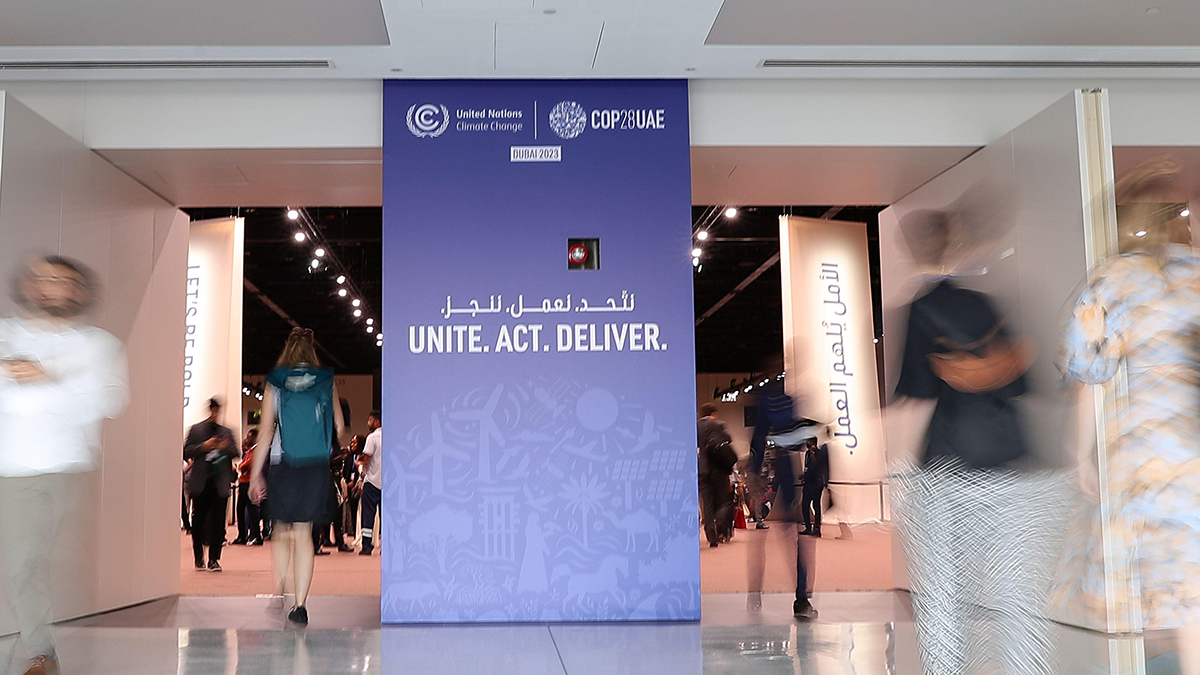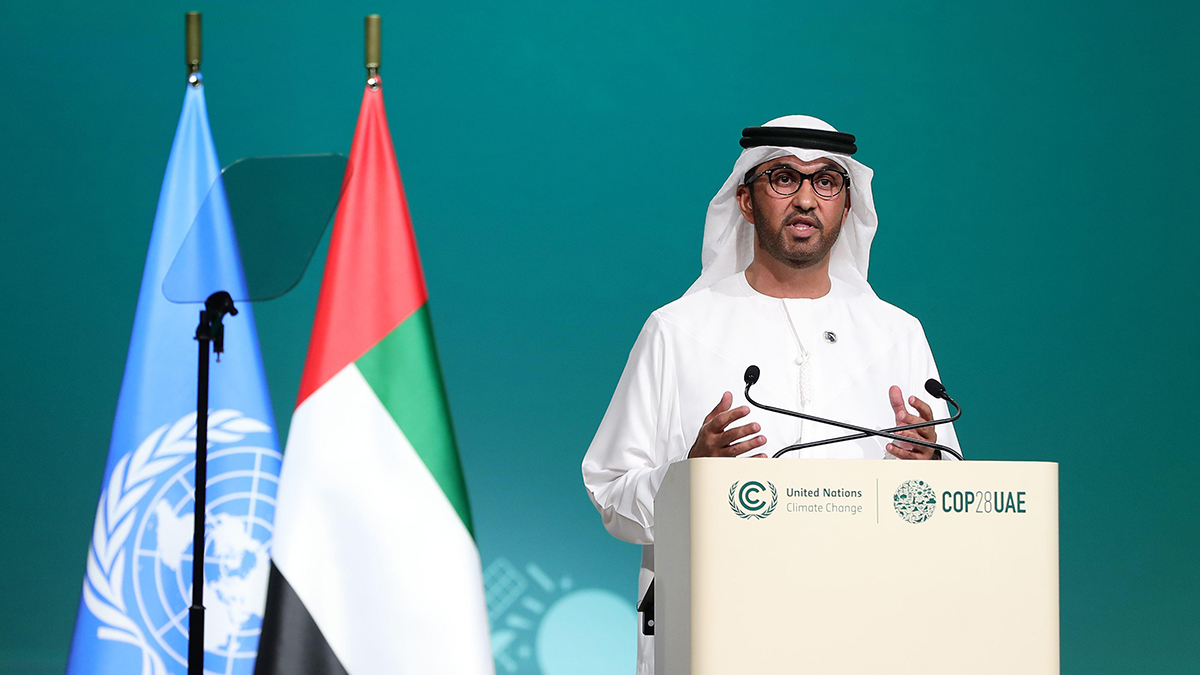Déjà vu and the UN climate talks
Another Cop, another host doing secret fossil fuel deals
The art of transition for re/insurers lies in skilling up for sustainability, not only on the investment side, but also in underwriting
“Out, damned spot; out, I say!” Lady Macbeth’s cry – as she hallucinates that her hands are stained with the blood of King Duncan – came to mind as Cop29 began this week.
According to history and fiction, her husband’s guilt was beyond all reasonable doubt but, to appeal to the mob, Shakespeare added three childless cat ladies.
If blood symbolises guilt in The Tragedie of Macbeth then oil symbolises greed at the UN’s climate talks.
Elnur Soltanov appears to have used his role as the chief executive of Azerbaijan’s Cop29 team to arrange a meeting about potential fossil fuel deals. A secret recording reportedly shows the country’s deputy energy minister describing opportunities in the state oil and gas company to a man posing as a potential investor.
The outcry has been Shakespearian: Christiana Figueres, the former executive secretary of the UN Framework Convention on Climate Change, complained doing deals on fossil fuels was a “betrayal” of the Cop process.
Soltanov’s meeting was not unprecedented, however, since leaked documents revealed the United Arab Emirates had similarly (ab)used its role as host of Cop28.
The climate talks in Dubai famously reached the first-ever agreement on the need to transition away from fossil fuels. The word transition, however, was already serving both fact and fiction – for those with good intentions to overhaul corporate strategies but also for those with no intention of doing anything more than repackaging business as usual.
The nearly 200 nations that gather at Cop29 will be tasked with agreeing the details of the so-called new collective quantified goal (NCQG). According to the text of the 2015 Paris Agreement, nations decided before 2025 such a target would be set “from a floor of $100bn per year, taking into account the needs and priorities of developing countries”.
The NCQG will amount to trillions of dollars and the private sector investment crucial to achieving it will, undoubtedly, need insurance to unlock it.
Four themes for insurers
Nick Faull, head of climate and sustainability risk at broker Marsh, has highlighted four major themes at Cop29 “where stakeholders will benefit from the insurance industry having a seat at the table”. These are: financing the transition; improving voluntary carbon markets; boosting the loss and damage fund; and improving adaptation.
The art of transition for re/insurers lies in skilling up for sustainability, not only on their investment side, but also in their underwriting. Heads-up: expect news on that later this week.
Investors have not been sitting on their hands. Around 650 of them – representing $33trn in assets under management – are calling on nations to submit more ambitious Nationally Determined Contributions ahead of Cop30 in Brazil.
Their Global Investor Statement – published in September when those figures were 534 and $29trn – encourages a whole-of-government approach to policies in line with countries’ NDCs and a 1.5°C scenario that will accelerate private sector action and large-scale investment. The 1.5°C scenario, however, is looking a bit dated because this year the world passed that key threshold, which climate scientists had set nearly a decade ago.
The amount of carbon dioxide in the atmosphere reached a record high of 419.3 parts per million (ppm) last year. That is more than 50% higher than pre-industrial levels, which were around 280 ppm for almost 6,000 years.
In the first six months of this year, there was a more than 60% increase in insured losses from natural catastrophes compared with the 10-year average. Moreover, only 40% of the $280bn economic loss globally from 2023’s natural catastrophes was insured.
Shakespeare was the world’s first PR maestro, having written his Scottish play for a monarch who was, simultaneously, James I of England and Ireland and James VI of Scotland. James was the rightful king – so the Jacobean press release might have read – as a descendant of Lord Banquo, to whom – in the play, if not in fact – Macbeth had dispatched assassins.
Another man who would be king will, in January, reclaim the ignominious title of climate change denier-in-chief. Donald “drill, baby, drill” Trump will probably withdraw the US from the Paris Agreement (again) and acutely narrow the existing NCQG donor base.
Climate talks could lose the sense of déjà vu that has stained recent Cops because fossil fuel deals would no longer be in secret and shameful. Instead, they would be in public and shameless. And, like Banquo’s ghost, our planet will wonder how it came to be betrayed by those with a duty to protect it.



